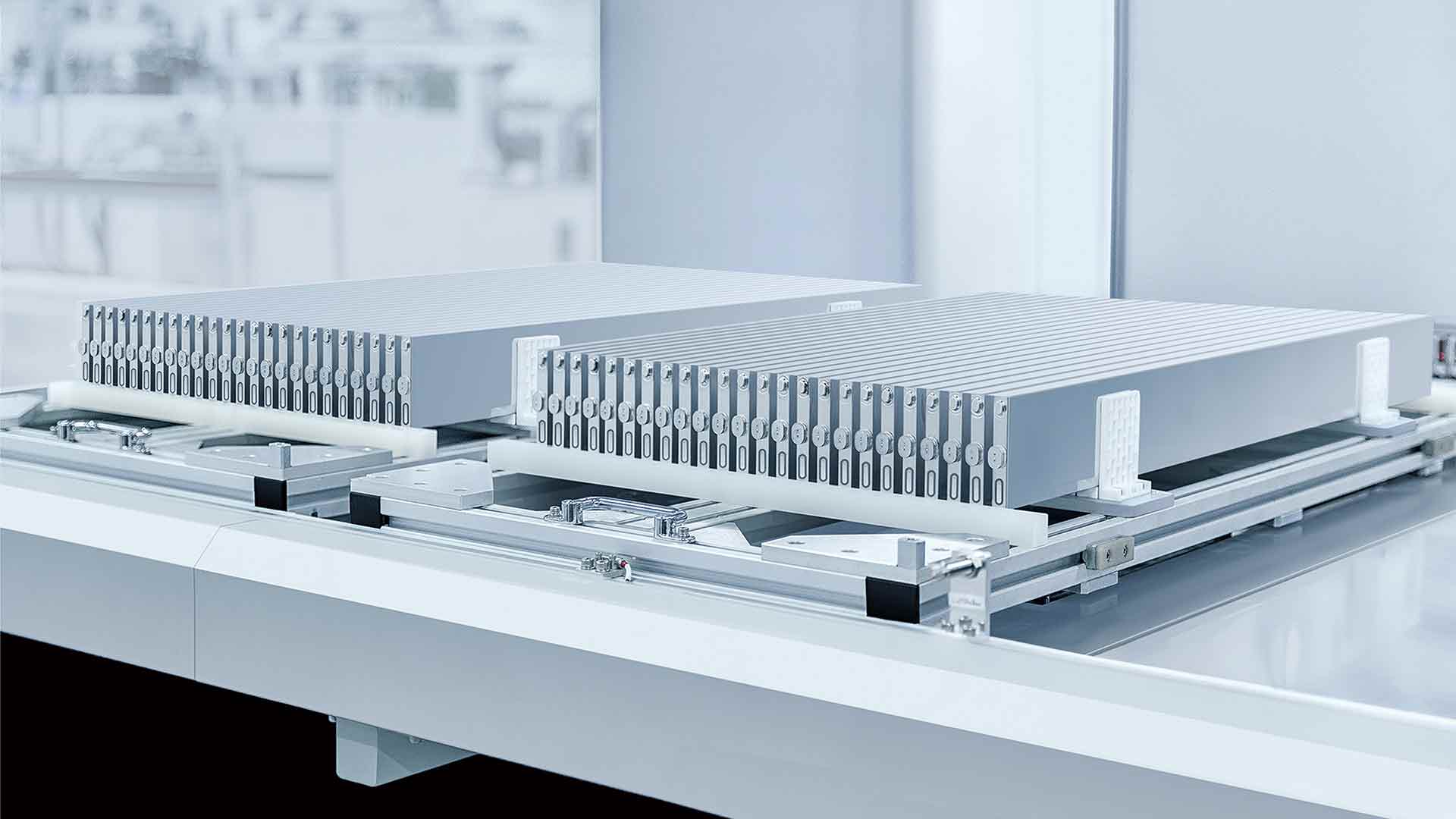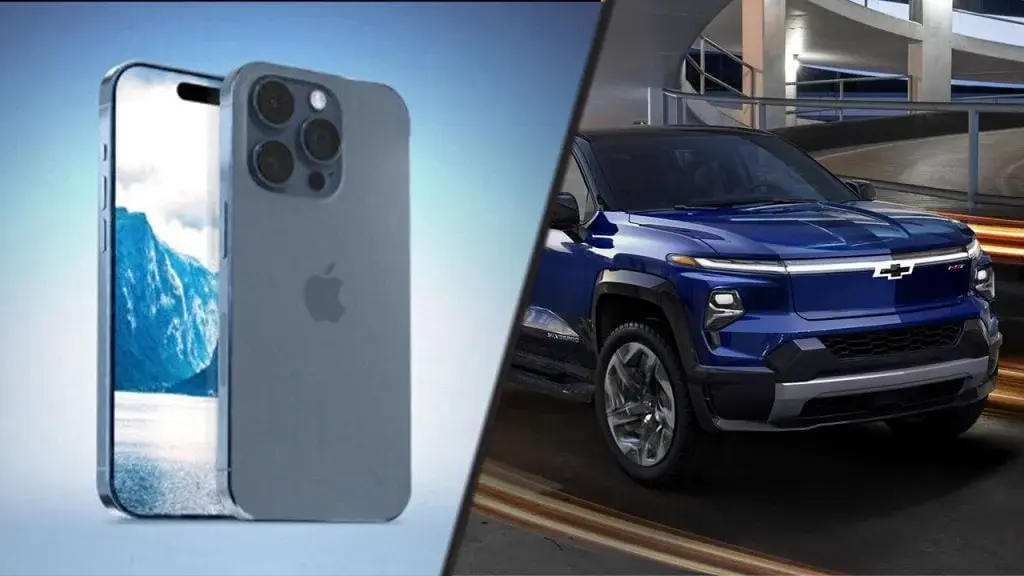Automobile buyers and sellers in Canada are feeling the impact of the unexpected termination of the federal EV rebate program. As reported by Transport Canada, the Incentives for Zero Emissions Vehicles (iZEV) initiative is closing down because it has run out of allocated funds.
Details of the iZEV Program
The iZEV program provided EV purchasers with a $5,000 rebate when they bought or leased eligible vehicles. This program was distinct from provincial incentives and supported 546,000 vehicles throughout its duration.
Initially, Canada’s EV incentive plan was scheduled to continue until March 31, 2025. However, Transport Canada has indicated that the allocated funds were exhausted more quickly than anticipated, largely due to a rapid increase in EV adoption. As of now, there is no word on whether the program might be reinstated in the future.
Help from Automakers
In response to this surprising news, several EV manufacturers are stepping in to assist buyers. Companies like Ford, General Motors, Hyundai, and Nissan are providing a $5,000 discount, though this offer is only temporary.
Canada has set a goal that 20 percent of new passenger vehicle sales must be ZEVs by 2030, increasing to a full 100 percent by 2035. For perspective, approximately 1.86 million new cars were sold in the country in 2024.
Source:
Link




